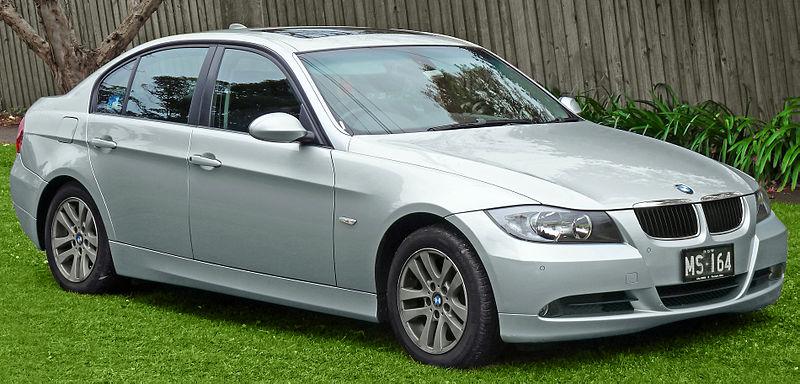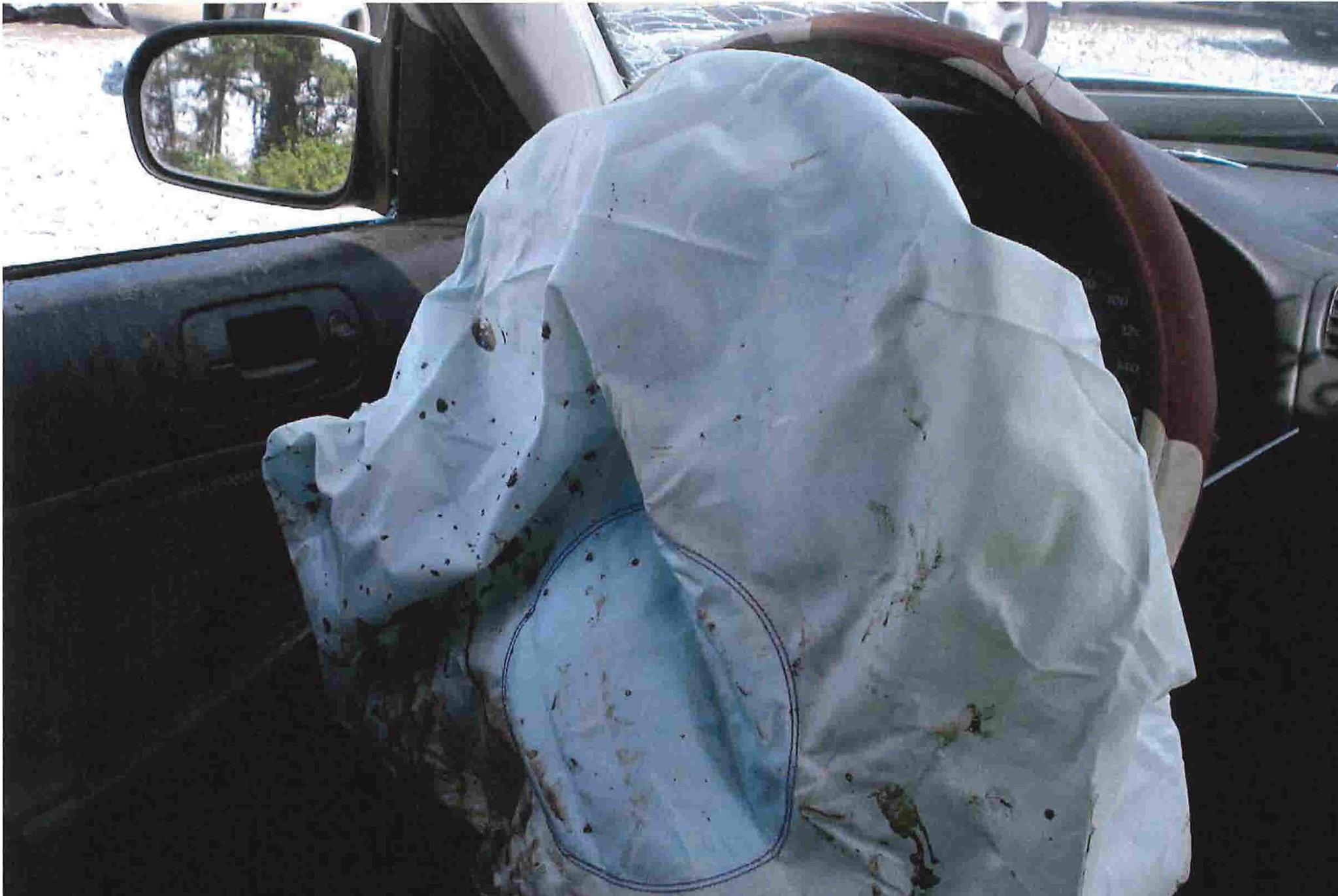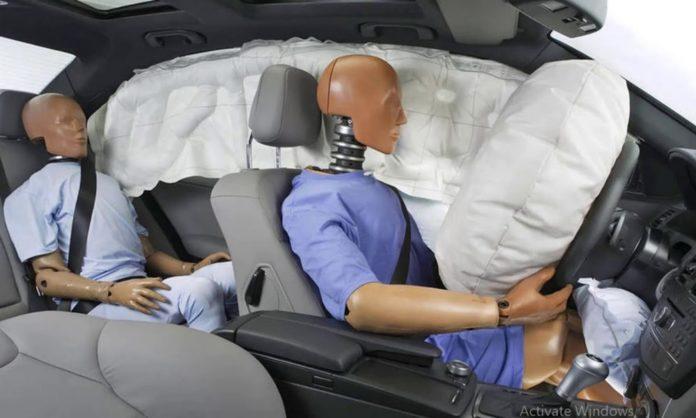Do you own an old model of BMW? Then this news is for you. BMW has now issued a warning to all owners of approximately 90,000 older vehicles in the United States. BMW urges them not to drive their cars because there is a growing threat that the airbags may explode during a collision. The warning message applies to vehicles from the 2000 through 2006 model years, which had been previously recalled to replace faulty airbag inflators produced by Takata.

What Can Cause The Airbags Explosion?
Takata used volatile ammonium nitrate to inflate airbags during an accident. However, over time, the chemical can break down when exposed to heat and humidity, which can cause the metal canister to burst and hurl shrapnel, injuring or killing passengers and drivers.
The National Highway Traffic Safety Administration (NHTSA) advises drivers to park their vehicles and contact BMW for further details. Repairs, as well as mobile repair and free towing, are available to owners at no cost. “These vehicles are 17 to 22 years old, and the risk to vehicle occupants is dire,” the agency said on Thursday. “These are some of the oldest Takata airbags under recall and have an extremely high probability of failure during a crash.”

NHTSA tells BMW owners that if the inflators rupture, metal debris could be hurled toward the driver’s face, resulting in fatal or life-altering injuries. Since 2009, Takata’s exploding airbags have killed at least 33 people worldwide, including 24 in the United States. While most of the fatalities and about 400 injuries occurred in the United States, some happened in Malaysia and Australia. The recall includes BMW’s 2000 through 2006 3 Series, 2000 through 2003 5 Series, and 2000 through 2004 X5, all of which have driver’s front airbag inflators produced by Takata.
How To Make Sure You Are Safe?
If you are a BMW owner, you can visit BMW’s website to see if your vehicle is affected or contact BMW customer relations.
Owners of older Honda, Ford, and Stellantis vehicles with Takata inflators have also been previously warned not to drive their cars.
“These inflators are two decades old now, and they pose a 50% chance of rupturing in even a minor crash,” stated NHTSA Acting Administrator Ann Carlson.“Don’t take a chance with your life or the life of someone you love – schedule your free repair today before it’s too late.”
Stay tuned tp Brandsynario for more news and updates.












































